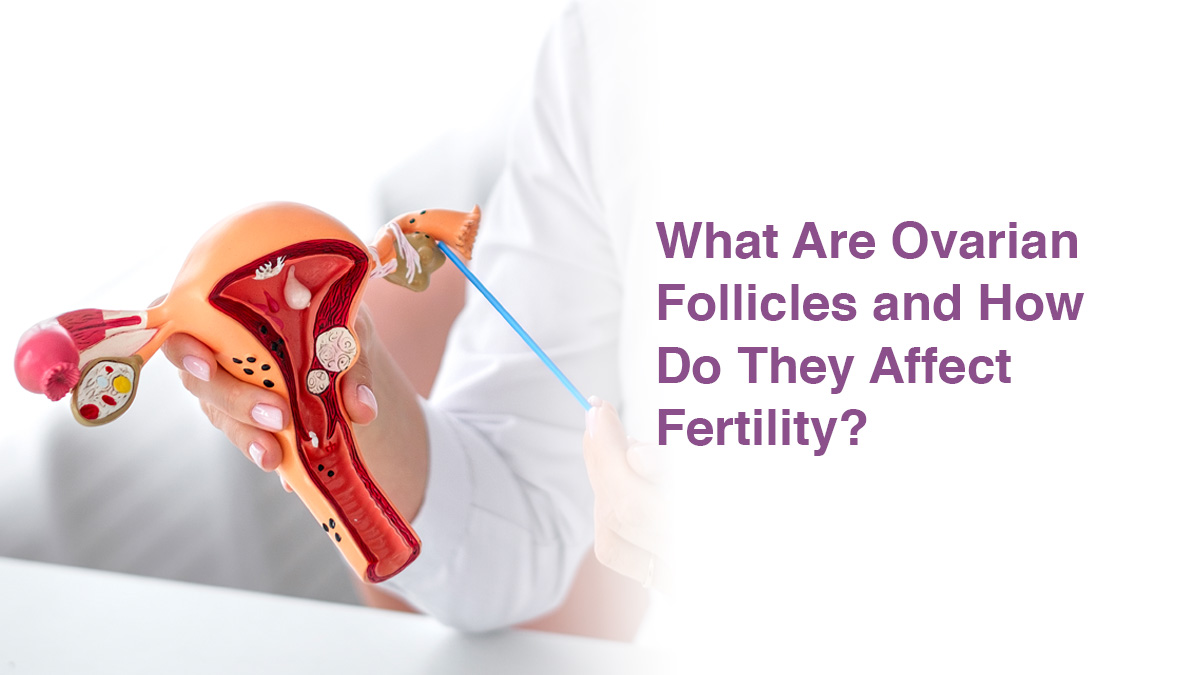
Common Misconceptions About Intrauterine Insemination Addressed

Are you considering intrauterine insemination (IUI) as part of your journey to parenthood? This fertility treatment brings hope and excitement but also uncertainty due to the myths and misconceptions surrounding it. Have you heard the rumors that IUI always works, that it guarantees twins, or that it’s painful? Let’s explore the truth behind these claims and demystify the process so you can navigate your fertility journey with accurate information and a clearer perspective.
Common Misconceptions About IUI
1. Misconception: IUI Works for Everyone
Fact: The effectiveness of intrauterine insemination depends on several factors, including age, the underlying cause of infertility, and overall reproductive health. For example, IUI is generally more effective for couples who experience unexplained infertility or mild male infertility. Success rates decline with age, especially for women over 35. Additionally, conditions like blocked fallopian tubes or severe endometriosis may render IUI less effective or unsuitable altogether.
2. Misconception: IUI is Only for Married Couples
Fact: IUI is not limited to married couples. Depending on the fertility clinic’s policies, it can be an option for single women as well. This provides a broader range of individuals with the opportunity to conceive through this fertility treatment.
3. Misconception: IUI is Painful
Fact: The IUI procedure typically causes minimal discomfort, similar to pain experienced during a pap smear. A thin catheter is used to place the sperm into the uterus. While some women may experience mild cramping, the procedure is generally not painful. Individual pain tolerance varies, and some females may feel more discomfort due to anxiety or specific physiological conditions.
4. Misconception: IUI Guarantees Twins or Multiples
Fact: The use of fertility drugs during IUI can increase the likelihood of multiple pregnancies. However, IUI itself does not significantly increase the chances of twins or multiples compared to natural conception. The increased risk often stems from ovulation-stimulating medications, which can enable the release of multiple eggs.
5. Misconception: IUI and IVF are the Same
Fact: IUI and in vitro fertilization (IVF) are distinct fertility treatments with different processes and success rates. The primary difference between IUI and IVF lies in the fertilization process. The IUI procedure involves placing sperm directly into the uterus, whereas IVF involves retrieving eggs and fertilizing them in a lab before the embryo is transferred to the uterus. IVF is generally recommended for those with more severe infertility issues or who have not succeeded with less invasive treatments like IUI.
6. Misconception: IUI is Immediately Successful
Fact: The average success rate for IUI varies between 10-20% per cycle, depending on various factors like age and the underlying cause of infertility. It’s not uncommon for couples to undergo multiple cycles of IUI before achieving success. Therefore, it is important to set realistic expectations and be prepared for the possibility of several attempts.
7. Misconception: There’s No Need to Monitor Fertility Cycles in IUI
Fact: Monitoring fertility cycles is crucial in the IUI process to ensure the procedure is timed correctly. Typically, patients undergo ultrasound monitoring to track follicle development and ovulation. This helps determine the best time to perform the procedure, increasing the chances of success.
How to Make an Informed Decision About IUI
Making an informed decision about intrauterine insemination requires a comprehensive understanding of personal circumstances and potential outcomes. It is recommended to consult with fertility specialists who can evaluate your situation and explain the potential success rates and risks associated with IUI. Specialists can also guide you on whether IUI is the appropriate treatment or if another option would be more effective.
Additionally, gathering information from reputable sources, such as medical journals, fertility clinics, and support groups, is vital. These sources can help you understand the experiences of others who have undergone fertility treatments, thus providing valuable support and advice.
Final Thoughts
Intrauterine insemination remains a beacon of hope for many aspiring parents, but it’s essential to separate fact from fiction to set realistic expectations. By understanding the truths behind common misconceptions about intrauterine insemination, individuals can approach the process with clarity and confidence. Seeking advice from our fertility specialists and reputable resources will empower you to make well informed decisions on your fertility journey.


fill up the form to get a
Free Consultation
Avail 0% interest on EMI
All Procedures | No Upper Limit
Frequently Asked Questions
How much does intrauterine insemination treatment cost?
How does IUI differ from IVF?
What kind of sperm is used for intrauterine insemination?
How much discomfort is associated with intrauterine insemination?
Is intrauterine insemination guaranteed to work?
Does IUI increase the chances of having twins or multiples?
How we reviewed this article:
- Current Version
- July 26, 2024 by Oasis Fertility
- May 29, 2024 by Oasis Fertility






